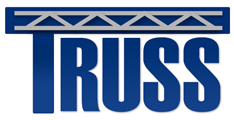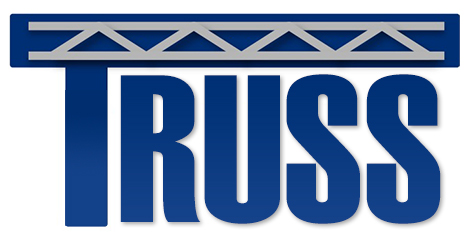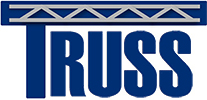There is a recognised gap in the need for graduates capable of working in the areas covered by TRUSS (namely advanced sensor-based Structural Health Monitoring solutions – Unmanned Aerial Vehicles, Optical Backscatter Reflectometry, monitoring sensors mounted on vehicles, etc. – and innovative algorithms for structural designs and short- and long-term assessments – of buildings, bridges, nuclear, marine and wind turbine infrastructure – that will support infrastructure operators and owners in managing their assets).
Compared to other forms of traditional education and research, the competencies achieved through the TRUSS programme cover excellence in the ESR’s own specific field, understanding and competency in the wider field, hands-on-experience, industrial awareness and high intersectoral and geographical mobility. The ESRs partaking in the TRUSS ITN are equipped with skills that will put them to the fore in an area of expertise that is critical to Europe’s continued success and prosperity.
One of the objectives of the ITN is to ‘train a new generation of creative, entrepreneurial and innovative researchers, able to face current and future challenges and to convert knowledge and ideas into products and services for economic and social benefit’.
In order to meet the latter, ESRs benefit from state-of-the-art training at doctoral level with a strong focus on their international research profile, balanced with their personal development and careful consideration of their longer term career prospects which, in agreement with EU Principles for Innovative Doctoral Training will be enhanced by the following aspects:
Intersectoral collaborations within the TRUSS consortium (see research) are a valuable resource for the ESRs, that provide knowledge and skills specific to the needs of each ESR on all aspects of their theoretical and practical training, and access to a broadening range of relevant options throughout the development of their projects. The different learning environments to which ESRs are exposed will also drive their success.
The multidisciplinary training prepares the researchers for a world where an understanding of the perspectives of those from other disciplines is key and thus increase their adaptability/employability and enhance their long-term career prospects.
The ESR benefits from the international nature of TRUSS by spending training periods in different countries that increase intercultural awareness and teach him/her to meet the challenges that working in another cultural environment presents. The latter fosters independence, self-reliance, adaptability and initiative and increase the ESR’s opportunities for mobility in their future career. ESRs acquire specific vocational skills in technological areas that may be difficult to obtain in their original countries. They also have an early network of professional contacts across Europe which combined with their practical technical experience, will allow them to work both nationally and internationally (see consortium).
The input of their Doctoral Studies Panel (DSP) and their personally tailored Personal Career Development Plan (PCDP) (see Supervision) ensures that each ESR receives quality supervision and mentoring during the early stages of their career development. Based on their specific research skills, the candidates are in a position to make significant contributions to their area of expertise. In addition, the involvement of industry supervisors offers an innovative aspect to the research experience as it allows the ESR to see the real application of their research, as well as identifying potential pathways whereby the ESRs can exploit their own research. The ESR will be awarded a doctoral degree following successful completion of the TRUSS programme of supervised research and advanced education and training, leading to better career perspectives.
The entrepreneurial, project management and related skills acquired by the candidates in TRUSS are designed to produce a cohort of researchers with the skills and motivation to develop their own ideas, to apply for research funding and to lead spin-outs/new companies in a diverse range of areas. This is achieved via taught modules and placements in Industry (see training). By facilitating placements in companies (SMEs and Large Enterprises) supportive of their research with state-of-the-art technology, the ESRs are trained early in the process to think about the potential economic benefits and opportunities that their doctoral research is generating. The end result is an overall increase in participants’ employability in a world where globalisation and rapid technological development has put a premium on these skills in the labour market.
The TRUSS ESRs have great opportunities within the engineering field, as innovators within small businesses or as independent entrepreneurs who will start up their own companies. If an ESR chooses more conventional employment in a University, they will still benefit from an industrial-focused background and will be better trained to assist companies in growing through their research. It is worth mentioning that there is an increasing proportion of grant funding linked to industry involvement, which will place the TRUSS ESRs at an advantage with respect to more conventional PhD programmes given that they will understand better how industry works, and particularly, how industry-academic collaboration can best work. As a consequence of the broad based research expertise they have gained, they will be among the first to examine areas beyond their own immediate research expertise, i.e., they will be more versatile and creative than PhD graduates entirely focused in academia.



